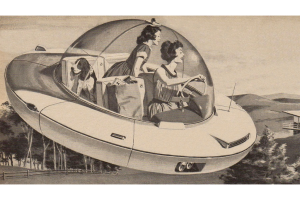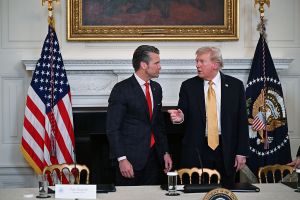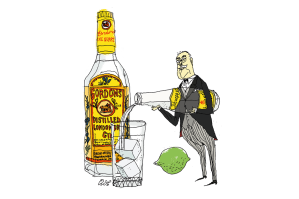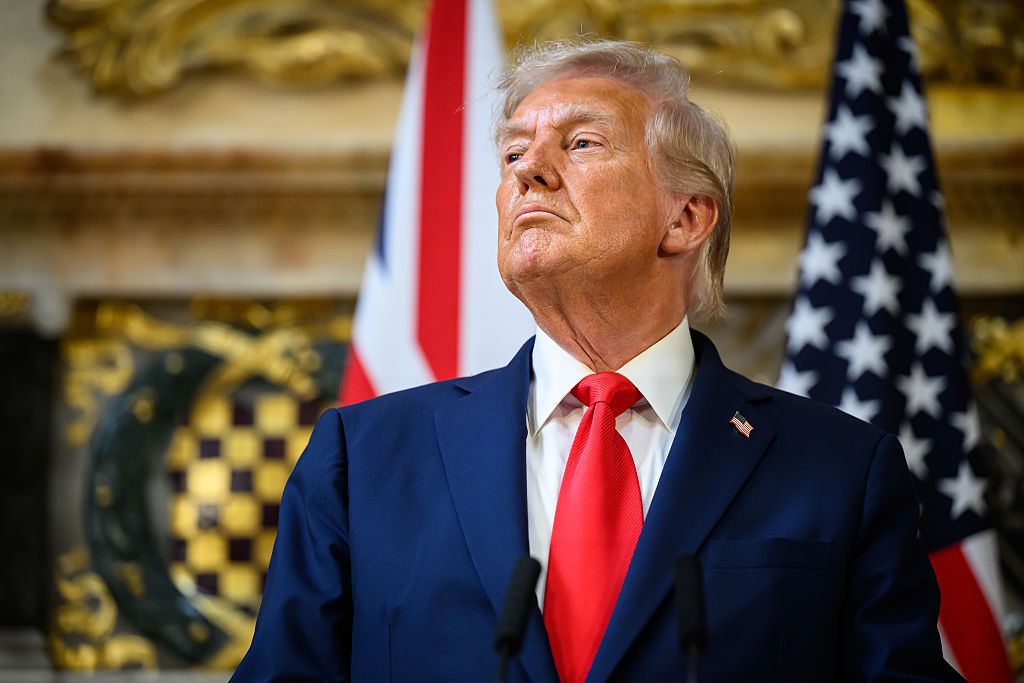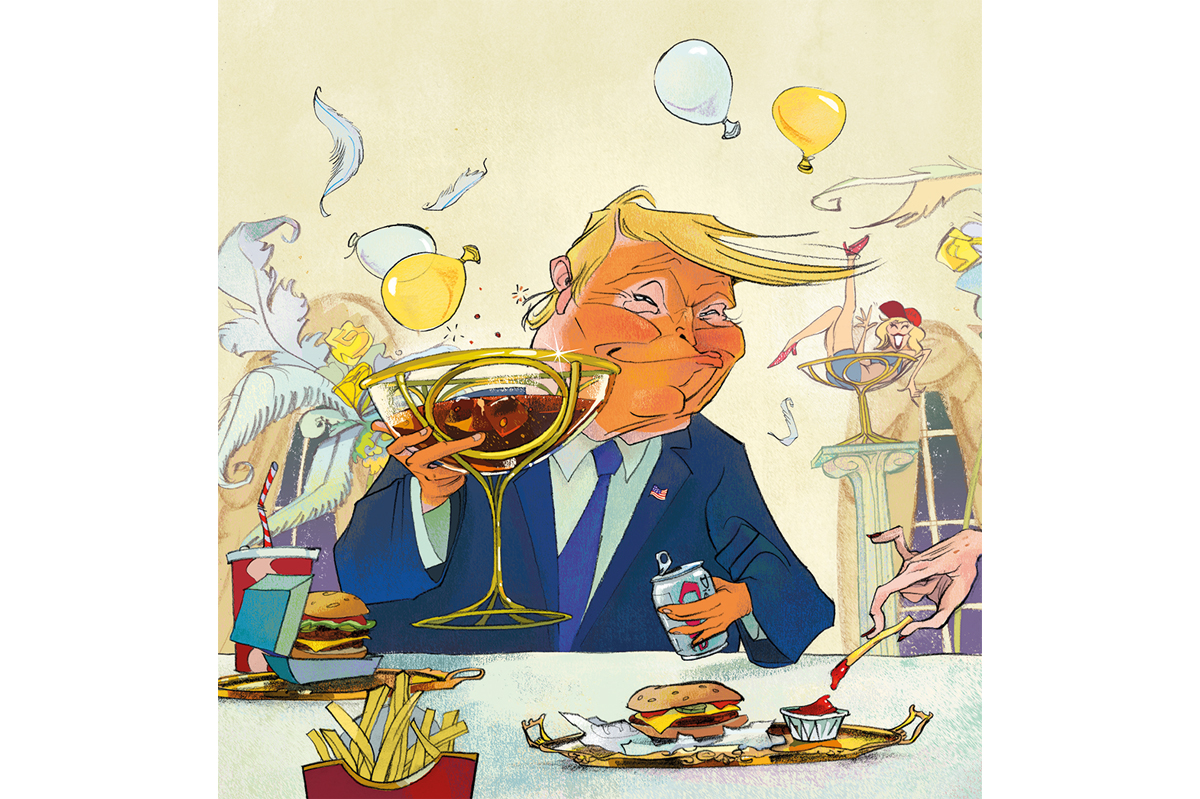It occurs to me that one of the most important lessons we’ve learnt so far during this time of plague is that the majority of the glitterati, TV journalists and armchair epidemiologists on Twitter, are all scientifically illiterate.
This is not a new phenomenon. One of my most precious possessions is a copy of CP Snow’s 1959 Rede lecture on the ‘two cultures’ — science and the humanities. At the time he suggested you had:
‘…literary intellectuals at one pole — at the other scientists, and the most representative, the physical scientists. Between the two a gulf mutual incomprehension — sometimes hostility and dislike, but most of all a lack of understanding. They have a curious distorted image of each other. Their attitudes are so different that, even on the level of emotion, they can’t find much common ground.’
What he described then is just as bad today. People have a completely false concept about the nature of science. Some imagine that scientists are nerds, that science is boring, scientists don’t understand the beauty of nature, scientists do weird experiments with test tubes or torture animals.
And while there has been a newfound interest in science since coronavirus has begun to spread, it is often misguided. Fake news groups linked to the anti-vaccination lobby on Twitter seem to carry the same weight as the advice of the government’s scientific advisory committees. While otherwise sensible people fall into the trap of looking at coronavirus cases in different countries as if they are directly comparable.
To overcome this, commentators need to understand that science is a culture with its own philosophy that, unlike all other ideologies, accepts and thrives on uncertainty and challenges all received wisdom. I am self-taught in this subject yet was honored to deliver the Karl Popper memorial lecture at the London School of Economics a few years back. I would like to quote from my opening remarks at that time:
‘Epistemology is a bit of a mouthful that simply means the study or the theory of the growth of knowledge — or putting it another way, how is it that we know certain facts to be true. At the simplest level our observations can be misleading, and so called “common sense” is no substitute for a systematic approach to the acquisition of knowledge. Primitive man “knew” that the Earth was flat and that the Earth was the center of the universe. For all intents and purposes, it made little difference to the way of life in primitive communities, but these firmly held beliefs were false. The recognition that the world was round and that the universe was heliocentric rather than geocentric were scientific observations of seismic importance in the history of mankind. All undergraduates should understand this period of history where the theories of Copernicus and the observations of Galileo changed man’s status in the universe, and opened minds to a systematic pursuit of knowledge from the age of enlightenment to the present day. The playwright Bertolt Brecht put the following words into the mouth of Galileo: “It is not the purpose of our science to open the gates to infinite wisdom but merely to set the limits to the extent of our ignorance.’
In other words, there are no leaders of any nation at this time of plague, who are gifted with infinite wisdom but there may be some who are gifted enough to recognize the extent of their ignorance. These are the ones we should cherish.
Even more dangerous than simple illiteracy, and of particular relevance today, is the Dunning-Kruger effect. In the field of psychology, the Dunning-Kruger effect is a cognitive bias in which people with low ability at a task, overestimate their skill. It is related to the cognitive bias of illusory superiority and comes from the inability of people to recognize their lack of competence. I witness this with alarm in the behavior of the ‘leader of the Western world’, the president of the United States. Under his leadership we continue to witness an exponential growth in the numbers of American citizens infected by the COVID-19 virus, while in the rest of the developed world, these rates are plateauing.
***
Get three months’ free access to The Spectator USA website —
then just $3.99/month. Subscribe here
***
The key to ending this kind of scientific illiteracy is through education. I would dearly like to see a major revolution in the curriculum for GCSEs, the exams British students take at 16. I would be happy to swap chemistry, physics and biology for one subject that becomes mandatory for all. To learn chemistry, physics and biology is difficult because ‘facts and formulae’ out of context and without the immediacy of application, demand a degree of maturity rarely witnessed among young teenagers. Whereas a ‘History and Philosophy of science’ if taught properly, is a thrilling story with many heroes and heroines that school children might choose to emulate. The teaching of the basic sciences from 16 onwards, could be chosen for entry into university along with mathematics, the framework on which all sciences are built. Out of this would hopefully emerge a new cohort of bright young men and women who understand the difference in meaning between their olecranon and their anal orifice.
Karl Popper inspired me, taught me to think critically and changed my life from that of a technocrat to that of a scientist. Science fed my curiosity and my original observations provided an open ticket to travel the world. I shall therefore leave the last word to him: ‘It is not truisms that science unveils. Rather, it is part of the greatness and the beauty of science that we can learn, through our own critical investigations, that the world is utterly different from what we ever imagined.’
Michael Baum is Professor Emeritus of Surgery and visiting Professor of Medical Humanities at University College London. This article was originally published onThe Spectator’s UK website.










